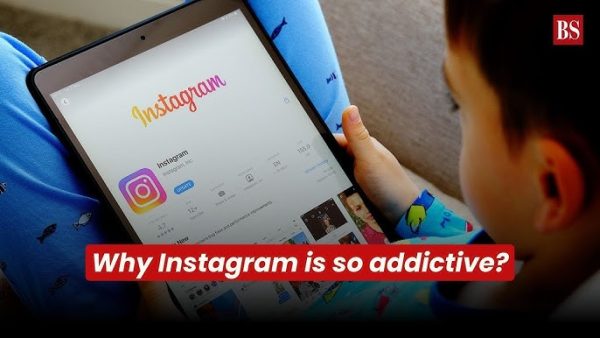
Social media has become an integral part of our lives, but we must be careful about its impact. Several U.S. states are suing Meta and its Instagram subsidiary, alleging that they have contributed to a mental health issue among young people.
The Lawsuit Unveiled
In a complaint filed by the attorneys general of 33 U.S. states, including California and New York, Meta Platforms faces allegations of knowingly promoting addictive and compulsive social media use among children and teenagers. The states contend that Meta misled the public about the risks associated with its platforms, emphasizing the company’s motive for profit. This legal action highlights the profound impact of social media on youth, underscoring the need for scrutiny and accountability.
Youth Appeal and Business Interests
Children and teenagers have long been the target demographics for businesses, given their potential as future consumers. For Meta, attracting younger users not only bolsters their user base but also appeals to advertisers. Advertisers hope that by engaging with children at an early age, they can cultivate brand loyalty that extends into adulthood.
The Link Between Social Media and Mental Health
Research has suggested a concerning association between children’s use of Meta’s social media platforms and a range of adverse outcomes, including depression, anxiety, insomnia, and disruptions to education and daily life. This lawsuit underscores the mounting evidence that points to the detrimental effects of excessive social media engagement on the mental health of young users.
Meta’s Response and Broader Implications
Meta expressed disappointment in the lawsuit, stating a preference for collaboration to establish age-appropriate standards for teen apps. However, the legal action involving 42 authorities signals a growing concern over the responsibility of tech giants in safeguarding the well-being of young social media users.
The lawsuit against Meta Platforms shines a spotlight on the urgent need to address the complex intersection of social media, youth mental health, and corporate responsibility. As the legal battle unfolds, it prompts a broader conversation about how the digital age impacts the well-being of the youngest members of our society and underscores the importance of ethical tech practices.


